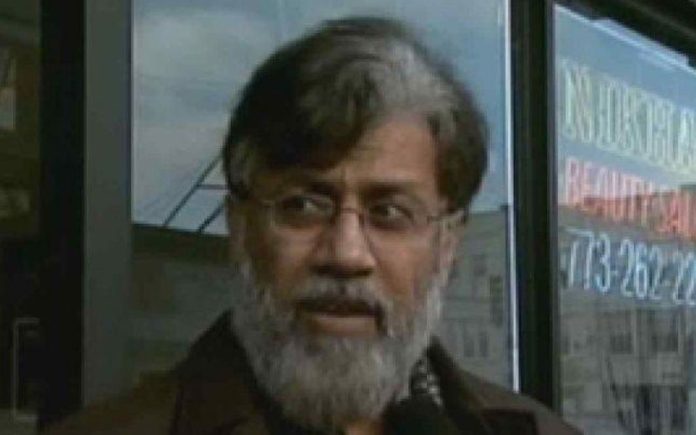
In a significant development preceding Prime Minister Narendra Modi’s upcoming state visit to the United States, a federal court in Washington DC has approved New Delhi’s request for the extradition of Tahawwur Hussain Rana, a Canadian businessman of Pakistani origin. Tahawwur Hussain Rana is wanted in India for his involvement in the 2008 Mumbai terror attacks. The court ruling, issued by United States Magistrate Judge Jacqueline Chooljian of the District Court of the Central District of California, confirms Rana’s extraditable under the existing extradition treaty between India and the US.
Recap of the 2008 Tragedy
The Mumbai terror attacks, which took place on November 26, 2008, shook India as 12 coordinated shooting and bombing assaults were carried out by members of Lashkar-e-Taiba (LeT) in various locations. The attacks spanned four days, resulting in the loss of 166 lives, including six Americans, and leaving over 300 individuals injured. The operation concluded on November 29 when India’s National Security Guards (NSG) conducted Operation Black Tornado eliminating the remaining terrorists. Of the ten attackers, nine were killed, while Ajmal Kasab, the sole captured assailant, was subsequently executed in 2012 after exhausting all legal avenues.
Tahawwur Hussain Rana, who is considered one of the plotters behind the 26/11 attacks, has expressed opposition to his extradition to India. However, the recent court order declared that Tahawwur Hussain Rana’s extradition cannot be certified unless there is a probable cause to believe that he committed the offenses for which extradition is being sought. The order extensively explains the court’s reasoning and states that there is sufficient probable cause to believe Tahawwur Hussain Rana is guilty of the charged offenses and should be extradited to India, as per the extradition treaty between the two countries.
India’s Request
India had initially filed a complaint on June 10, 2020, requesting Tahawwur Hussain Rana’s provisional arrest with the intention of pursuing extradition. The Biden administration has expressed support for and granted approval to Tahawwur Hussain Rana’s extradition to India. When questioned, a spokesperson from the State Department stated that the United States remains committed to combating terrorism globally and highly values its counterterrorism partnership with India. The spokesperson further reiterated the call for those involved in the 2008 Mumbai attacks to be brought to justice.
Throughout the court proceedings, US government attorneys contended that Tahawwur Hussain Rana was aware of his childhood friend David Coleman Headley’s association with LeT and had provided assistance and cover for Headley’s activities, thus supporting the terrorist organization and its affiliates. The government asserted that Tahawwur Hussain Rana was a conspirator and presented probable cause that he had committed acts of terrorism. Conversely, Tahawwur Hussain Rana’s legal representative opposed his extradition.
Jurisdiction and Extradition Treaty
The court ruling establishes that Tahawwur Hussain Rana’s extradition to India falls within the jurisdiction of the extradition treaty. India has issued an arrest warrant and filed charges against Tahawwur Hussain Rana, which the United States is proceeding with. The charges include conspiracy to wage war, murder, forgery for the purpose of cheating, use of forged documents or electronic records, and commission of a terrorist act. The judge concluded that these offenses qualify as extraditable crimes under the treaty and fall within India’s jurisdiction.
Tahawwur Hussain Rana’s Custody and Future Extradition Process
To certify Tahawwur Hussain Rana as extraditable, the court had to establish several factors, including jurisdiction over the proceedings, jurisdiction over the fugitive, the validity of the extradition treaty, the relevance of the crimes to the treaty, and the availability of competent legal evidence supporting Rana’s extraditability. The judge found that sufficient evidence had been presented to establish probable cause that Tahawwur Hussain Rana is the individual charged in India and sought for extradition. Accordingly, the court certified Tahawwur Hussain Rana’s extraditability to the United States Secretary of State.
Consequently, Tahawwur Hussain Rana will remain in the custody of the United States Marshal until a final decision regarding his extradition and surrender to India is made by the Secretary of State. The extradition and subsequent trial in India will be carried out in accordance with Title 18, United States Code, section 3186 and the extradition treaty between India and the United States.
